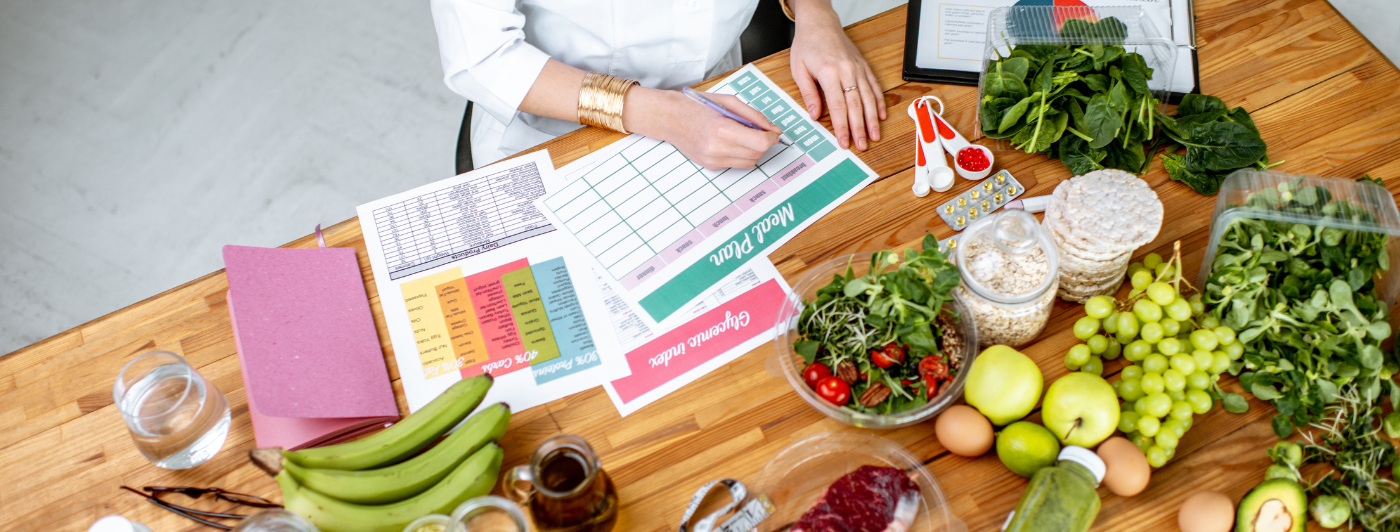Introduction
Protein is the cornerstone of a child's growth and development. It's the building block for muscles, tissues, and organs, playing a vital role in their physical and mental development. From boosting their immune system to supporting brain function, protein rich food for kids is non-negotiable.
Despite its importance, many children fall short of their protein requirements. Common protein deficiencies can lead to stunted growth, weakened immunity, and fatigue. That's why creating a balanced meal plan is crucial. A balanced diet ensures children get the right amount of protein alongside other essential nutrients like carbohydrates, fats, vitamins, and minerals. By understanding the role of protein and incorporating it into your child's daily meals, you can set the foundation for a healthy and thriving future.
What is Protein and Why is it Essential?
Protein is a macronutrient essential for every cell in your child’s body. It's the building block for muscles, bones, skin, hair, and even hormones and enzymes. Think of it as the construction worker of your child’s body, constantly repairing and building new tissues. Protein rich food for kids is crucial for their growth spurts, especially during childhood and adolescence.
Good Protein Sources for Kids
A variety of protein sources is key to a balanced diet. Here are some kid-friendly options:
- Lean meats: Chicken, turkey, fish.
- Eggs: A versatile and affordable protein source
- Dairy: Milk, yogurt, cheese (choose low-fat)
- Legumes: Beans, lentils, chickpeas
- Nuts and seeds: Almonds, chia seeds, peanut butter
- Soy products: Tofu, edamame
- Whole grains: Quinoa, brown rice, oats
Building a Balanced Meal Plan for Kids
- Carbohydrates: These provide energy for physical activity and brain function. Opt for complex carbohydrates found in whole grains, fruits, and vegetables over refined sugars.
- Fats: Essential for brain development, hormone production, and vitamin absorption. Focus on healthy fats from sources like avocados, nuts, seeds, and olive oil.
- Vitamins and Minerals: These micronutrients support various bodily functions. A diverse diet rich in fruits, vegetables, whole grains, and lean proteins typically provides adequate amounts. However, deficiencies can occur, especially in picky eaters.
- Fiber: Essential for digestion and gut health. Found abundantly in fruits, vegetables, whole grains, and legumes.

Meal Planning Tips
- Involve your child: Let them help choose recipes or ingredients to foster a positive relationship with food.
- Prepare meals in batches: Ensure that you pack carbohydrates, fat, fiber, and vitamins in their lunch box.
- Pack smart lunches: Include a variety of food groups and consider reusable containers for portion control.
Incorporating Protein into Snacks and Desserts
Protein shouldn't be limited to main meals. Incorporating it into snacks and desserts can help maintain steady energy levels and support overall nutrition.
- Protein-packed snacks: Greek yogurt with fruit and nuts, hard-boiled eggs, cottage cheese with vegetables, and protein balls made with nut butter and oats.
- Protein-rich desserts: Chia seed pudding, protein smoothies, Greek yogurt parfaits with granola, and baked apples with nut butter.
Conclusion
Protein is undeniably the building block for a child's growth and development. By understanding its importance and incorporating protein rich food into your child's diet, you’re investing in their future health and well-being. A balanced meal plan goes beyond protein, encompassing a variety of nutrients essential for overall growth. Also, considering plant based protein powder for kids could be more effective in their health. With a little planning and creativity, you can create delicious and nutritious meals that your child will enjoy.
Remember, every child is unique, and their nutritional needs may vary. If you have concerns about your child's diet or growth, consult with a pediatrician or registered dietitian for personalized guidance.











